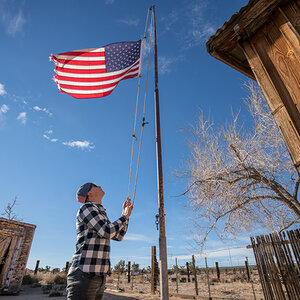Bloggers Often Follow Lead of Politicians, Journalists, Report Finds
Research from the Pew Internet & American Life Project suggests that while political bloggers can have an impact on the coverage of political stories, they often follow the lead of politicians and journalists.
The report, Buzz, Blogs and Beyond: The Internet and the National Discourse in the Fall of 2004, employed new word-of-mouth tracking and cross-media correspondence techniques to examine the impact of online buzz on the national agenda during the last two months of the 2004 presidential election. Among other things, researchers examined the interplay of Web logs (blogs), chatter in online news groups, the mainstream news media, and official spin from the Democrat and Republican election camps. They also conducted a case study of the "Rathergate" scandal involving CBS News and unauthenticated memos about George W. Bush's record in the Texas National Guard.
However, researchers, who also coded topics of discussion to see whether preferences in one channel or subdivision corresponded with those in the others, could not identify a recurrent pattern indicative of blogger influence, although strong correspondences existed throughout the discourse.
"The blogosphere is clearly a major addition to the national discourse," said Michael Cornfield, senior research consultant to the Pew Internet & American Life Project. "But we need to be cautious with respect to the power of particular political bloggers. That power waxes and wanes depending on the sort of information available, the behavior of other public voices, and the tendency of Internet forms and formats to evolve in a very short time."
To download the complete report (33 pages, PDF), visit: http://www.pewtrusts.org/pdf/PIP_Blogs_051605.pdf.







